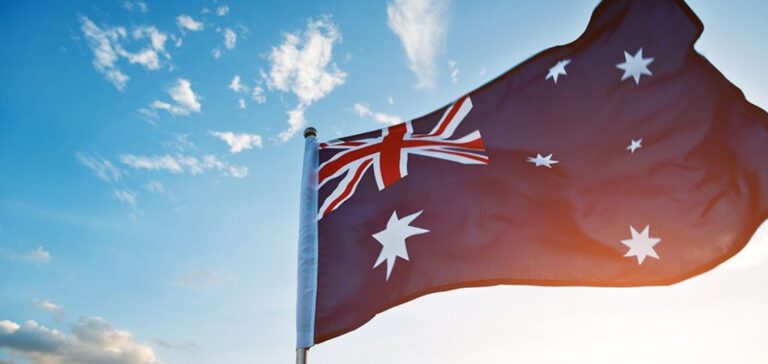BrightNight, a next-generation renewable energy producer, receives approval from the Australian Energy Market Operator (AEMO) to connect its 360 megawatt (MW) Mortlake Energy Hub to the national electricity market.
This approval marks a significant step forward in Australia’s decarbonization efforts.
Also in line with this energy transition objective, Australia has announced a major partnership for the expansion of green hydrogen in the country.
A pioneering project in Australia
The Mortlake Energy Hub is BrightNight’s first hybrid renewable energy project in Australia and the largest in Victoria.
With 360 MW of solar generation capacity and a 300 MW battery energy storage system (BESS), the hub will provide enough dispatchable renewable energy to power nearly 140,000 Victorian homes.
This represents more than 1% of the state’s total electricity consumption.
Decarbonization targets and energy policy
Australia’s federal and central governments are implementing strategies to reduce dependence on fossil fuels and achieve net-zero emissions targets by 2050.
Decarbonization of the energy sector is crucial to increase the share of low-carbon electricity generation to 82% by 2030, more than double the current level.
Advanced technology and network reliability
The Mortlake Energy Hub is Victoria’s only hybrid renewable energy project to have achieved AEMO-approved generator performance standards for the 500-kilovolt transmission grid, the state’s electricity backbone.
Its advanced control system optimizes power distribution between solar PV installations and the BESS, ensuring compliance with grid codes and enabling customized power distribution.
BrightNight aims to provide customer-specific renewable solutions, ensuring clean energy 24/7, supporting the global energy transition while ensuring long-term grid stability and reliability.
Construction of the Mortlake Energy Hub is scheduled to begin in 2025.






















